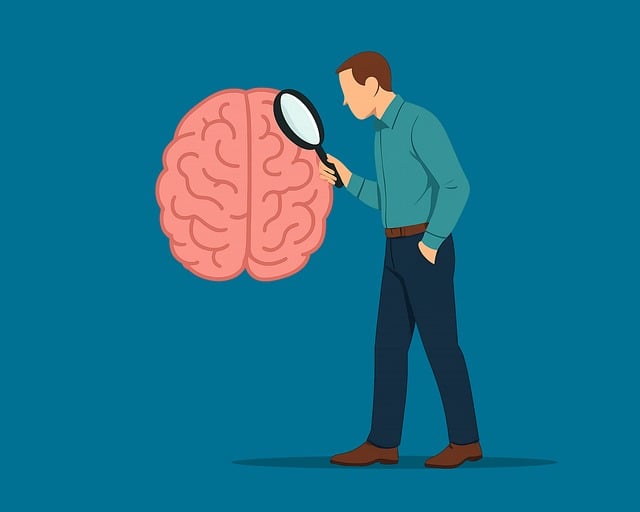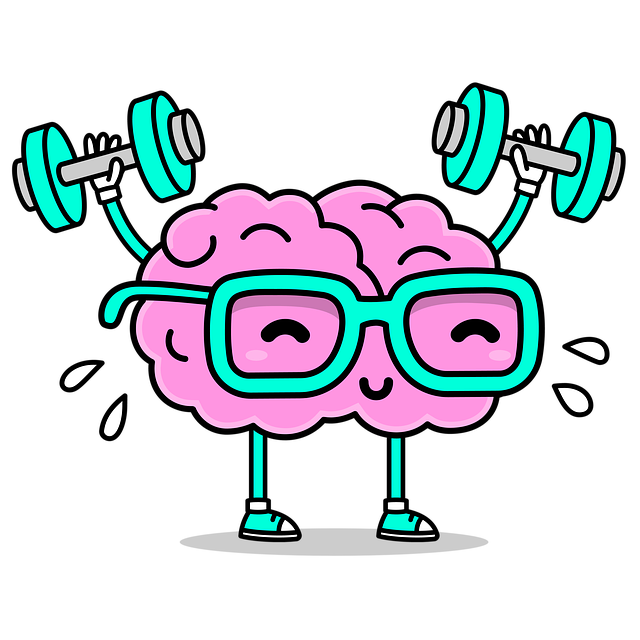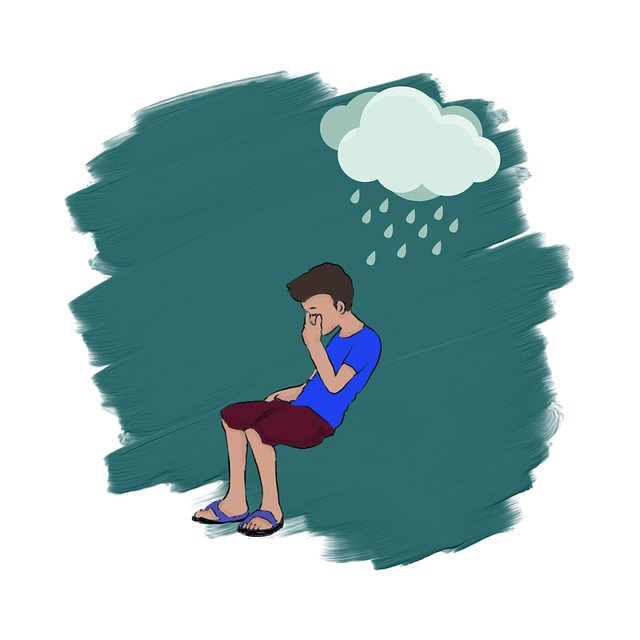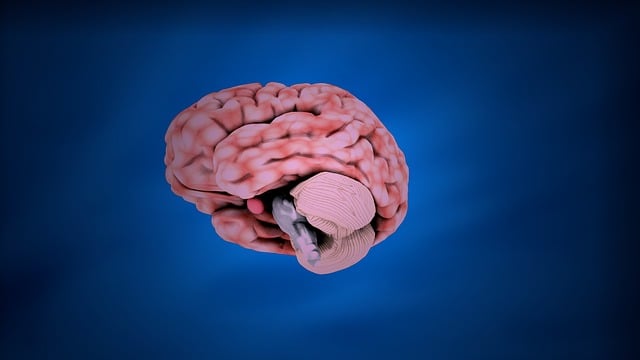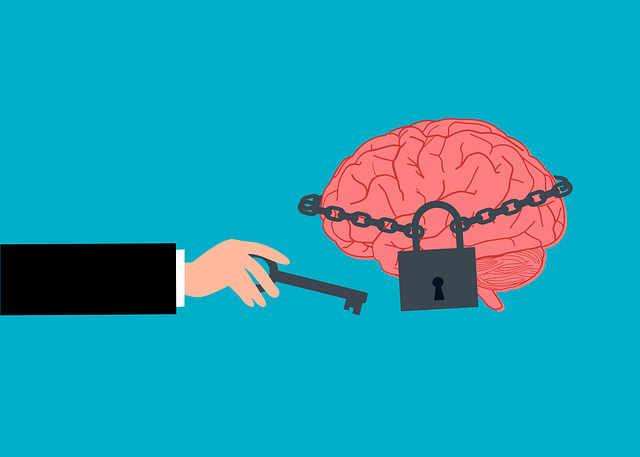Mental health diagnoses in children require a nuanced approach due to their developing minds. Key steps include early recognition by parents, caregivers, and educators, comprehensive evaluations by healthcare professionals, and effective treatments like Acceptance and Commitment Therapy (ACT). ACT teaches emotional acceptance, mindfulness, and self-awareness, empowering kids to embrace values and set goals despite challenges. Integrated with self-care practices and risk assessment, ACT paves the way for healing and enhanced mental wellness in children.
Mental illness diagnosis and treatment navigation can be complex, especially for children. This article provides a comprehensive guide to understanding mental health diagnoses in young individuals, introducing the transformative power of Acceptance and Commitment Therapy (ACT) as a promising treatment approach. We explore strategies for navigating the path to support and recovery, empowering parents and caregivers with insights to foster resilience and well-being in children facing mental health challenges.
- Understanding Mental Health Diagnoses for Children
- Exploring Acceptance and Commitment Therapy (ACT) as a Treatment Approach
- Navigating the Path to Support and Recovery
Understanding Mental Health Diagnoses for Children

Mental health diagnoses for children can be a complex and sensitive topic. It’s important to understand that young minds are still developing, which means symptoms of mental illness may present differently compared to adults. Early recognition is key; parents, caregivers, and educators play vital roles in identifying signs such as changes in behavior, mood swings, or difficulties in school performance. Accurate diagnosis often involves a comprehensive evaluation by qualified healthcare professionals, including psychiatrists, psychologists, and pediatricians. This process typically includes interviews, behavioral observations, and standardized assessments tailored to children’s unique needs.
One effective therapeutic approach for children is Acceptance and Commitment Therapy (ACT), which focuses on helping young individuals accept their emotions while teaching them skills to enhance flexibility and engage in values-driven behaviors. In conjunction with ACT, communication strategies and trauma support services can significantly aid in a child’s mental health journey. Mental health education programs designed specifically for children and their families can also empower them to navigate challenges, fostering resilience and improved overall well-being.
Exploring Acceptance and Commitment Therapy (ACT) as a Treatment Approach

Acceptance and Commitment Therapy (ACT) has emerged as a powerful approach for treating mental health conditions, including those affecting children. This therapeutic method encourages individuals to accept their emotions and experiences without judgment, fostering a sense of flexibility in thinking and behavior. By promoting mindfulness and self-awareness, ACT enables children to manage their symptoms more effectively. The therapy focuses on helping young patients understand and value their unique values and goals, encouraging them to take action aligned with these aspirations despite the presence of distressing thoughts or feelings.
ACT’s effectiveness lies in its holistic nature, integrating various techniques such as compassion cultivation practices and mental health education programs designed to enhance self-acceptance and mindfulness. This approach not only targets current symptoms but also equips children with skills to navigate future challenges, ultimately contributing to improved mental wellness.
Navigating the Path to Support and Recovery

Navigating the path to support and recovery for mental illness can be a challenging journey, especially for children and their families. This process often involves understanding various treatment options and finding the right fit. One evidence-based approach gaining recognition is Acceptance and Commitment Therapy (ACT). ACT encourages individuals to accept difficult thoughts and emotions while committing to valued actions, fostering a more flexible mindset.
Self-care practices are also integral to this journey. They include emotional intelligence—the ability to recognize and manage one’s own emotions and understand the emotions of others—which can enhance coping strategies. Risk assessment is another critical aspect; mental health professionals must carefully evaluate risks to ensure the safety and well-being of both client and practitioner during therapy. By combining these approaches, individuals can find a path towards healing and a more fulfilling life.
Mental illness diagnosis and treatment can be complex, but with the right guidance, support, and evidence-based therapies like Acceptance and Commitment Therapy (ACT), children can navigate their path to recovery. By fostering acceptance, mindfulness, and commitment to valued actions, ACT empowers young individuals to manage their mental health effectively. Understanding specific diagnoses and exploring tailored treatments is crucial in supporting children’s overall well-being. Let’s remember that with the right tools and support systems, healing and growth are achievable.
